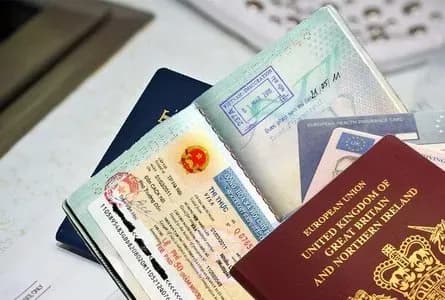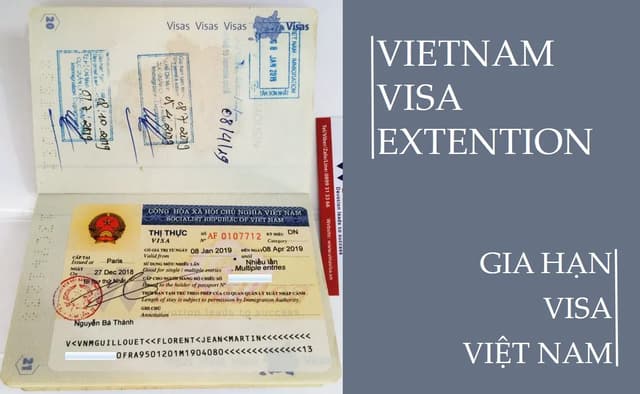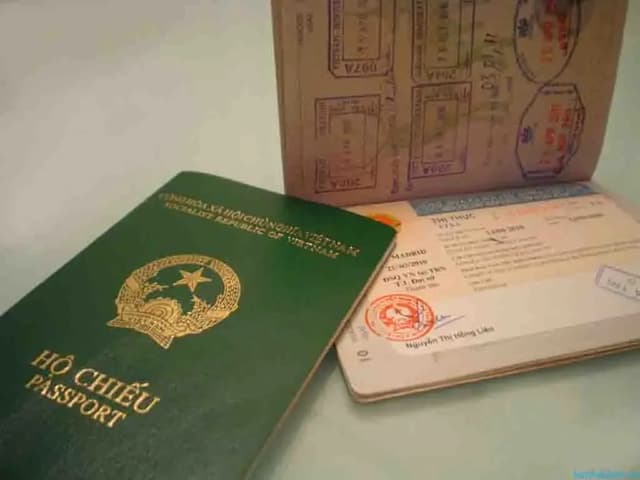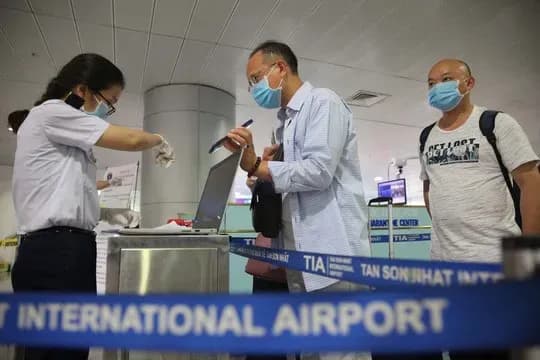The provisions of Vietnamese law on child support after divorce
By Hoa Nguyen
07/11/2024
This article provides detailed information on the legal provisions related to child support after divorce in Vietnam. From the financial obligations of parents to the rights of children, the article helps you understand more about ensuring the best development and welfare for children in the context of changing families.

The obligation of child support when parents divorce is a legal obligation that a father or mother must fulfill for their child, if the child is a minor or an adult without the ability to work and no assets to support themselves, when not the primary caretaker of the child after the termination of the matrimonial relationship by contributing money or equivalent goods to the child's essential needs while being suitable for their actual capabilities to compensate for physical losses for the child when they are not living together with the parents.
The obligation of child support from parents to children after divorce is stipulated in Article 1 and Article 2 of Article 82 of the Marriage and Family Law 2014 as follows:
- Parents who do not directly care for their children have an obligation to respect the child's right to live with the primary caregiver.
- Parents who do not directly care for their children have an obligation to provide child support.
Article 110 of the Marriage and Family Law 2014 states: "Parents have the obligation to provide child support for minor children, adult children who are unable to work and have no assets to support themselves in cases where they are not living with the child or living with the child but violate their duty of care".
The beneficiaries of child support include: Minor children and adult children who are unable to work and have no assets to support themselves.
According to the provisions of Article 1 of the 2015 BLDS, a minor is a person under eighteen years of age. In cases where parents divorce when the child is not yet 18 years old, the parent who is not the primary caregiver has the obligation to pay child support to ensure the child's rights until they reach adulthood.
However, the Marriage and Family Law 2014 as well as the Children's Law 2016, amended and supplemented in 2018, do not provide a specific concept of "child support" or the criteria for determining how a child will be supported to meet minimum material conditions and normal development. Therefore, in practice, although many parents have violated the duty of "child support" while living with the child, they are not required to provide support due to lack of evidence.

Resolution No. 03/2006/NQ-HDTP of the Presiding Council of the Central Court of September 8, 2006 provides guidance on the application of some provisions of the 2005 BLDS regarding non-contractual damages, mentioning criteria for evaluating "loss of earning capacity", specifically: The person who suffers a loss of labor capacity and requires regular care (the person who suffers a loss of labor capacity due to spinal cord injury, blindness, double limb paralysis, severe mental illness, and other cases as prescribed by competent state agencies with a permanently reduced labor capacity of 81% or more...).
In addition, the level of child support is regulated in Article 116
Marriage and Family Law 2014 as follows:- The level of child support is agreed upon by the person with the obligation to provide support and the person receiving support or their guardian based on the income, actual capabilities of the obligor, and the essential needs of the recipient; if no agreement can be reached, the court is requested to resolve the matter.
- When there is a legitimate reason, the level of child support can be changed. The change in child support is agreed upon by the parties; if no agreement can be reached, the court is requested to resolve the matter.
Therefore, after divorce, parents who do not directly care for their children have an obligation to provide support to the children, and the level of support can be agreed upon by both spouses; in cases where no agreement can be reached, the matter can be resolved by the court.
In summary, after divorce, spouses can agree on who will directly care for the children, if no agreement can be reached, the court will decide to award custody to one party based on the child's overall interests. In cases where the child is 7 years of age or older, their wishes must be considered. In addition, Vietnamese law stipulates that children under 36 months of age should be placed in the care of the mother unless she is not capable of providing care. Furthermore, parents who do not directly care for their children must provide support, and the level of support can be agreed upon by both parties; in cases where no agreement can be reached, the matter can be resolved by the court.
Provisions of child support after divorce in Vietnam
Vietnam visa application service for foreigners
By Hoa Nguyen
16/10/2024
Our Vietnam visa application service provides a quick and convenient solution for foreigners who need to enter and temporarily reside in Vietnam. We provide short-term and long-term visas for tourism, business, investment and visiting relatives. With a simple and professional process, we ensure to save time and bring satisfaction to customers. Contact us now for support!
Extend Vietnam visa procedures for foreigners
By Van Vu
16/10/2024
Extending Vietnam visa for foreigners is one of the important services to ensure legal residence in Vietnam. We provide a fast and simple visa extension process, suitable for various types of visas such as tourism, business, and visiting family. With attentive and professional support, we commit to bringing convenience and peace of mind to customers during the visa extension process. Contact us for detailed advice and support on extending Vietnam visa procedures.
Procedures for applying for visas for foreigners working in Vietnam
By Van Vu
16/10/2024
This article provides detailed instructions on the procedures for applying for visas for foreigners working in Vietnam, including short-term and long-term visa types, as well as corresponding conditions and expiry dates. In addition, information on legal regulations and necessary documents is also provided to support foreign workers and businesses in carrying out procedures effectively and legally.
Visa issuance for foreigners at international border gates
By Van Vu
21/10/2024
According to Article 18 of the Law on Entry, Exit, Transit and Residence of Foreigners in Vietnam 2014, the issuance of visas at international border gates for foreigners is regulated in detail.




